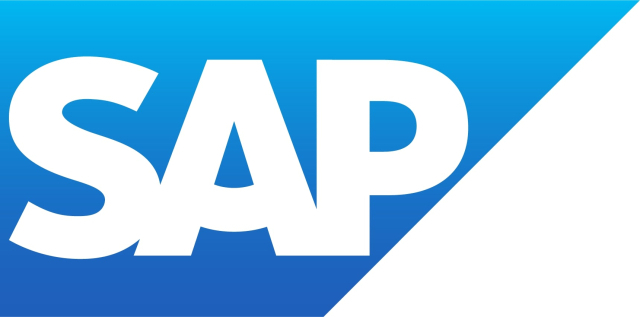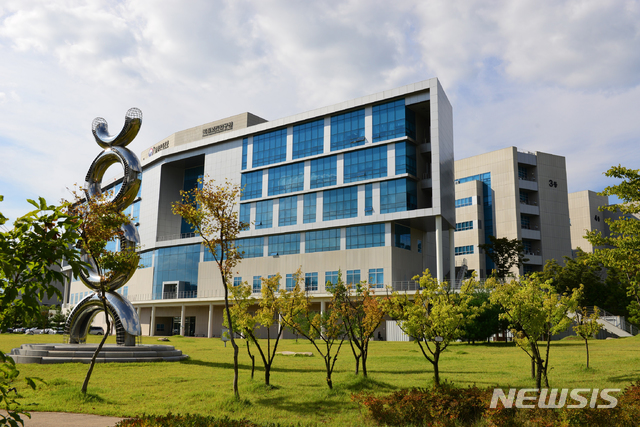software
SAP vs. IBM, which promoted AI and cloud… 3rd quarter performance ‘joyful’
Digital Daily
Publication date 2024-10-27 09:33:11
[ⓒ SAP]
[디지털데일리 이안나기자] While traditional IT companies declared AI transformation, SAP and IBM, which have different areas of expertise, accepted conflicting report cards in the third quarter of this year. IBM handles everything from hardware, software, and IT consulting, while SAP specializes in enterprise software, but both companies are promoting cloud and AI as future growth engines. However, in the third quarter performance, the two companies had very different joys and sorrows.
According to the industry on the 27th, SAP’s overall sales in the third quarter of this year were 8.47 billion euros (about 12.63 trillion won), a 9% increase compared to the same period last year. In the business division, cloud sales increased by 25% compared to the same period last year, recording 4.351 billion euros (approximately 6.5 trillion won), achieving good performance in line with market expectations.
In particular, the cloud backlog, which refers to the amount of orders reserved for the next year, increased to 15.4 billion euros (about 23 trillion won), showing a 25% growth. Accordingly, some say that SAP did well despite the German economic downturn.
SAP’s growth engine lies in the combination of cloud and AI. The average spending per customer for cloud-based services was higher than the existing on-premise method driven only by own data, and profitability was increased by incorporating AI functions. SAP CEO Christian Klein said, “About 30% of new cloud transactions in the third quarter are utilizing business AI,” emphasizing that the AI strategy is leading to practical results.
Based on the strong performance, SAP raised its cloud and software sales forecast for this year from 29 to 29.5 billion euros to 29.5 to 29.8 billion euros. The cloud division’s sales forecast was also raised from 17 billion euros to 17.3 billion euros.
[ⓒ IBM]
On the other hand, IBM recorded sales of $14.968 billion (approximately KRW 20.678 trillion) in the third quarter of this year, a 1% increase compared to the same period last year, but fell below market expectations of $15 billion. In addition, it recorded an operating loss of $330 million (approximately 456 billion won), turning into a loss compared to the same period last year.
By sector, the software sector performed well, recording $6.524 billion, a 10% increase, thanks to increased demand for AI. However, the consulting sector’s growth stagnated at $5.152 billion. The corporate infrastructure sector suffered a 7% decline to $3.042 billion.
IBM CEO Arvind Krishna emphasized that “AI-related business size has already exceeded $3 billion and is growing by more than $1 billion every three months,” adding, “Geopolitical risks are escalating in the Middle East and the global economic outlook ahead of the U.S. presidential election. “Demand was sluggish due to concerns about the issue,” he explained.
In particular, in the case of IBM, the one-time pension settlement cost with Prudential had a decisive impact on the performance deterioration. Last September, IBM signed a contract with Prudential to transfer $6 billion worth of defined benefit pension responsibilities to reduce pension-related risks and improve its financial structure.
Both companies’ stock prices rose significantly this year thanks to the AI craze, but their stock prices showed conflicting movements after this earnings announcement. SAP rose 3.54% on the New York Stock Exchange after announcing its earnings, recording a 48% increase since the beginning of the year. On the other hand, IBM plummeted by 4% in after-hours trading due to news of sales falling below market expectations and a loss after the earnings announcement.
It is analyzed that the reason why the two companies differed in their third quarter performance was due to differences in their existing business structure and AI strategy execution ability. SAP quickly integrated AI based on its cloud-centered business structure, leading to a substantial increase in sales. On the other hand, although IBM’s AI business is growing rapidly, it is interpreted that it has not been able to overcome the sluggishness of its traditional business divisions centered on hardware and consulting.


